Since many of us are trying to eat less, artificial sugars have become very common. These non-sugar alternatives (NSS) make our mouths water with sweetness without the guilt that comes with eating a lot of refined sugar. But are they really the fastest way to lose weight, or do they have health risks that we don't know about?
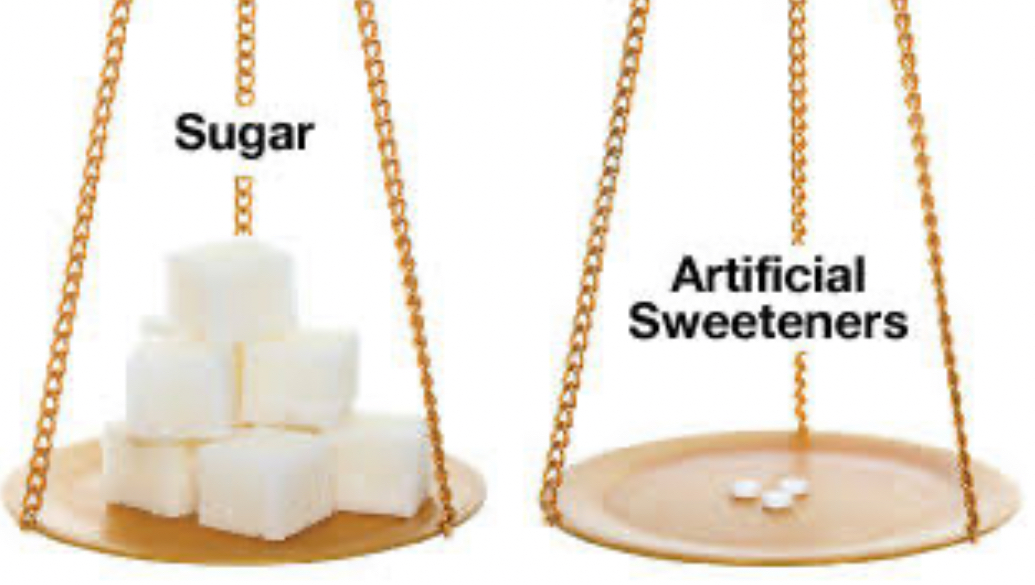
Why artificial sweeteners are appealing: cutting calories and managing weight
A lot of people like artificial sweeteners because they can make food taste sweet like sugar but have a lot fewer calories. Because of this, people who want to lose weight and eat less sugar often choose them. As per a review by the World Health Organisation (WHO), switching from sugar to NSS might help people lose weight and/or lower their BMI in the short term. This could theoretically reduce the risk of obesity-related diseases such as type 2 diabetes and heart problems.
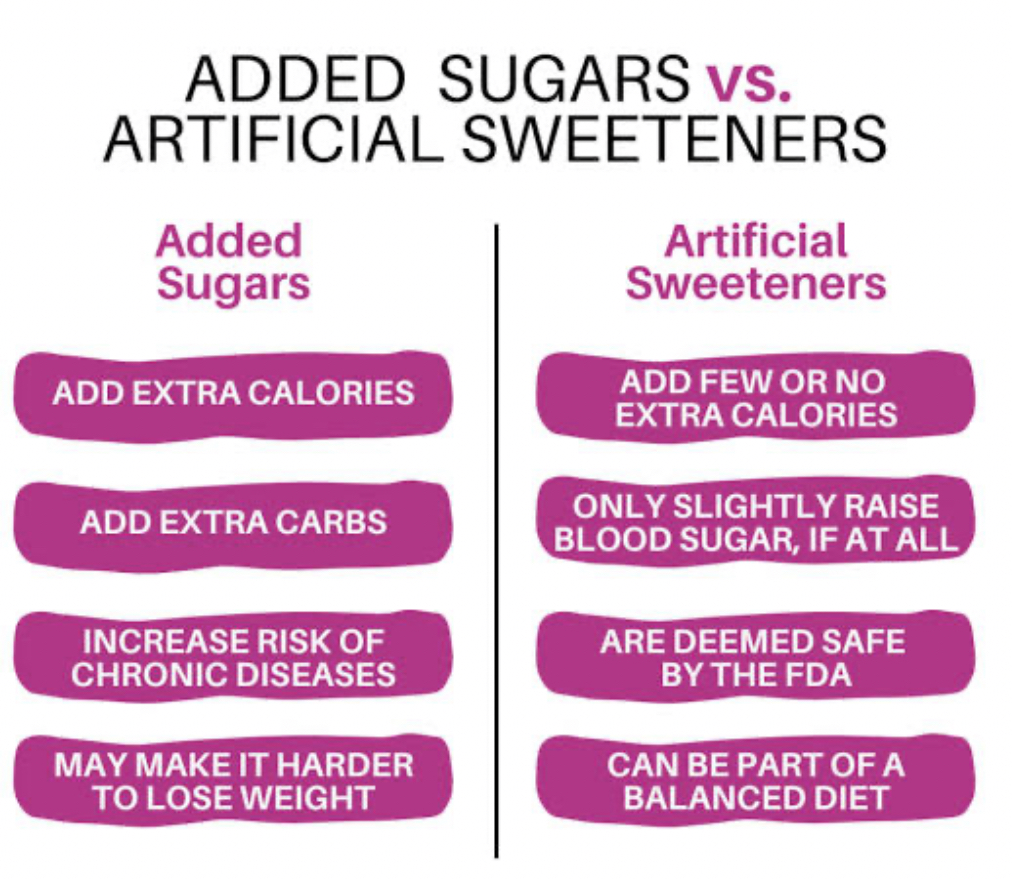
The Uncertainty Cloud: Long-Term Effects and Mixed Research
In the long run, however, the situation regarding fake sweeteners becomes increasingly unclear. Research reveals a link between high NSS intake and an increased risk of diseases such as type 2 diabetes, heart problems, and even death from any cause. This scenario raises concerns, suggesting that unobservable factors may not justify NSS's long-term benefits.
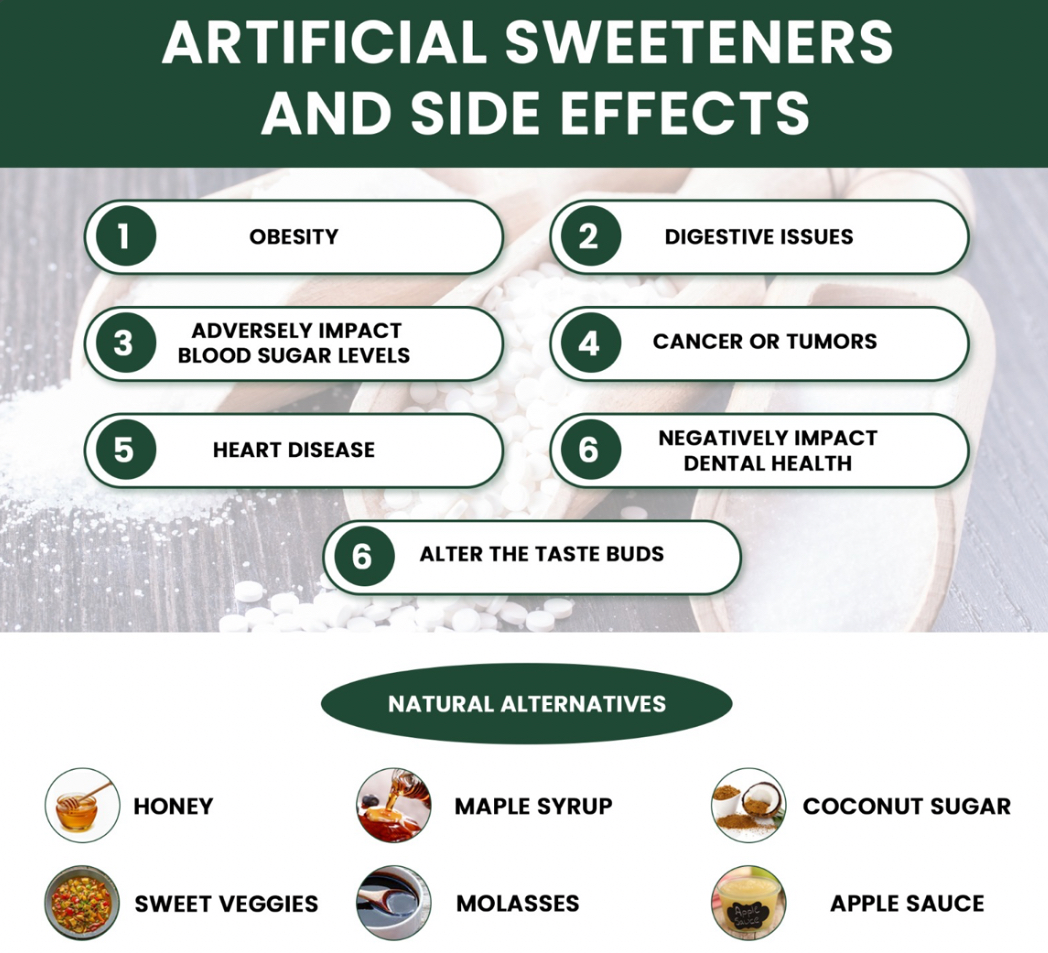
The concept of negative causation further complicates the situation. If a person already has a higher risk of these diseases, they may be more inclined to use artificial sweets as a weight-loss strategy. Because the data changes, it is hard to find a clear cause-and-effect link between NSS and these health issues.
The gut microbiome and possible digestive problems go beyond calories
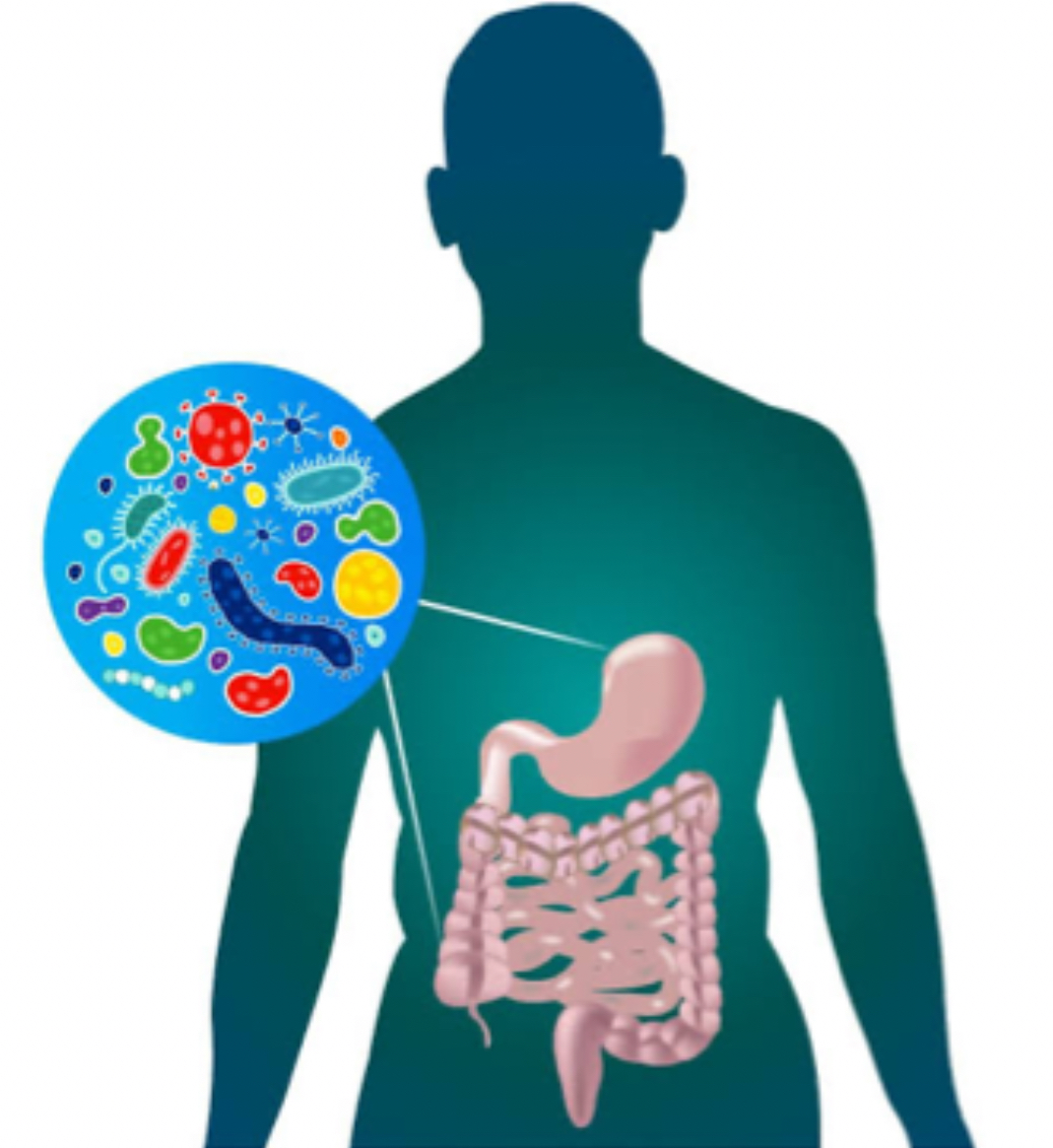
The story is about more than just losing weight. Experts such as Charu Dua, Chief Clinical Nutritionist at Amrita Hospital, caution about potential harm to the gut microbiome and the delicate environment of bacteria in our gut. Some sweets, like neotame and aspartame, may throw off this balance, which could cause digestive issues and inflammation, according to studies. When the gut bacteria are upset, it can affect digestion and immune function in big ways, which makes people worry about their long-term health.
Some people do not think there is a connection between aspartame and cancer
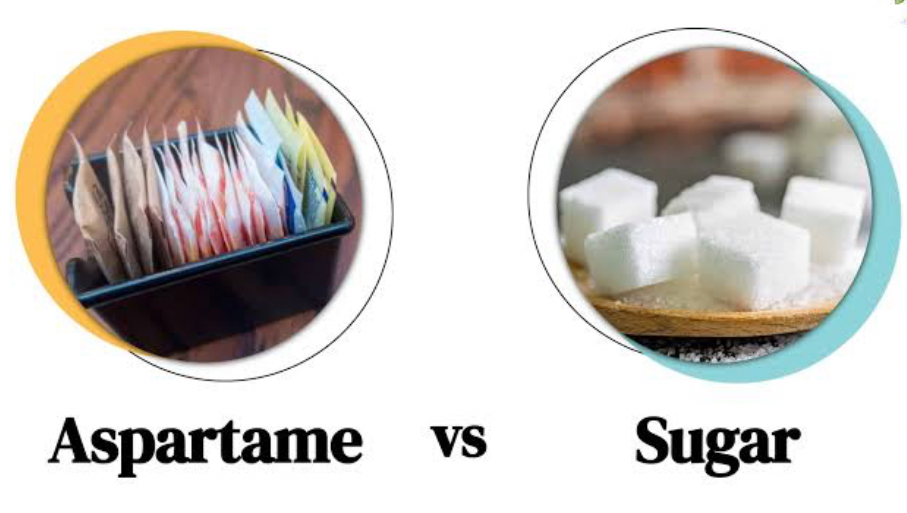
The potential link between Aspartame, a fake sugar, and cancer has garnered significant attention. Aspartame is a "possible carcinogen," according to the International Agency for Research on Cancer (IARC). But there isn't enough proof to say for sure. The FDA, the EFSA, and other regulatory groups suggest that aspartame is safe in the suggested amounts. However, we continue to monitor an ongoing study.
First, safety: know what the acceptable daily intake (ADI) is
Understanding the safety of artificial sweets requires a grasp of the concept of acceptable daily intake (ADI). This is the amount that an average person can safely eat every day for their whole life without taking a big risk. If you weigh 50 kg, the ADI for aspartame is 4 mg/kg, and if you weigh 4 kg, the ADI for steviol glycosides is 50 mg/kg. It is very important to stay within these limits for safe usage.
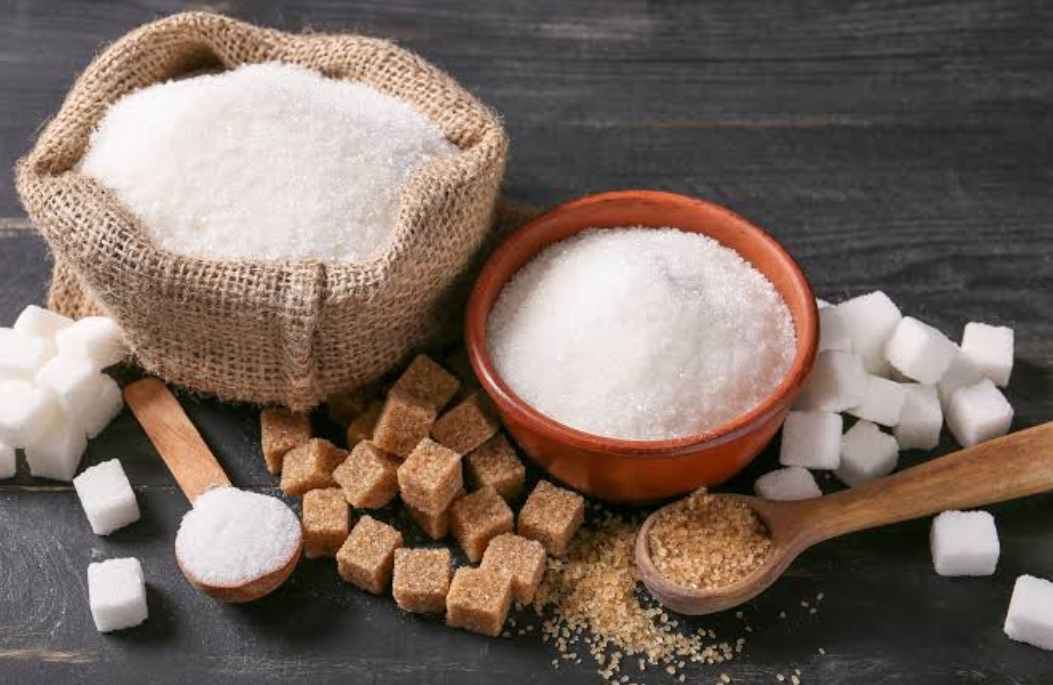
However, it's hard to keep track of diets because product labels aren't always clear. Diet drinks, sugar-free snacks, and low-calorie foods often contain varying amounts of unlabeled sweets, making it challenging to adhere to the ADI.
Conclusion: It's important to take things slowly
Some people may benefit from artificial sweets, like those who are trying to cut back on calories or keep their weight in check. But for most people, a measured method is very important. People who already have health problems or who are worried about possible risks should be extra careful. These are the main points:
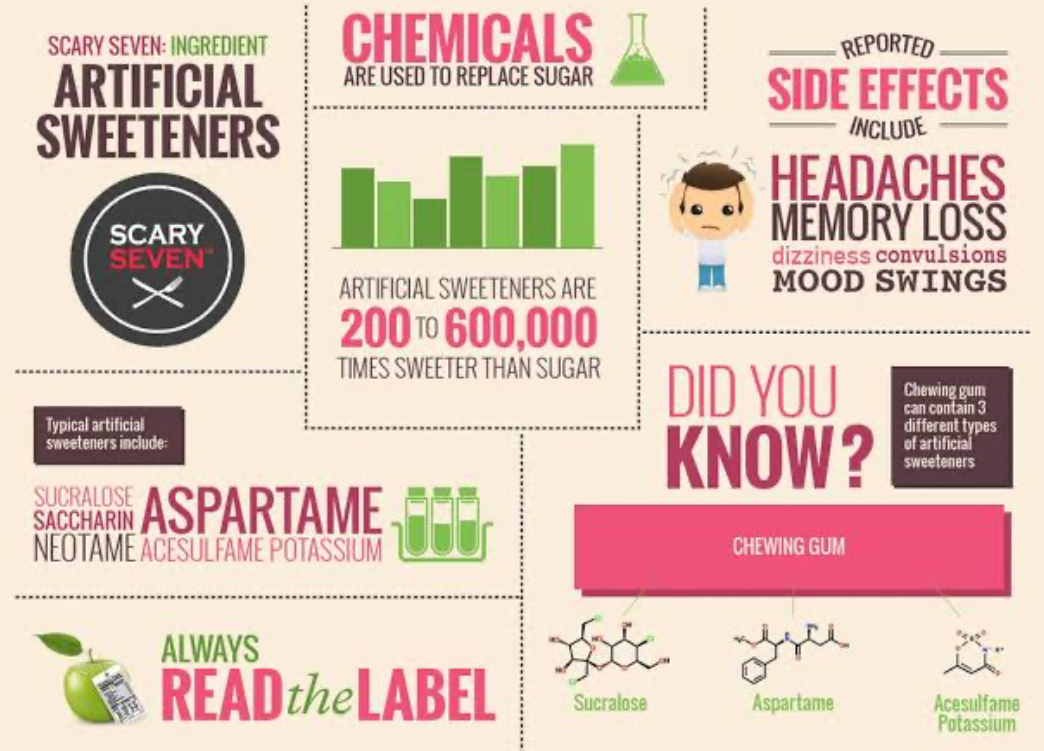
Start with whole, unprocessed things: A healthy diet should include lots of fruits, veggies, whole grains, and lean proteins. These have important nutrients that fake sweeteners don't have.
Carefully read the labels: Pay attention to processed foods that have secret sugars and artificial sweeteners. Look for products with few ingredients and no sweeteners.
Talk to a medical professional: For personalised advice, talk to a trained dietitian or doctor if you are concerned about artificial sweeteners or how they might affect your health.
For now, artificial sweeteners might help us fight fat by making it taste a little better, but we don't know what will happen in the long run. When we look at sugar alternatives with a more open mind and focus on whole foods and mindful eating, we can make sense of the world of these products with a little more doubt and a lot more knowledge.
Image Source: Multiple Agencies
Inputs from Agencies
© Copyright 2024. All Rights Reserved Powered by Vygr Media.


















